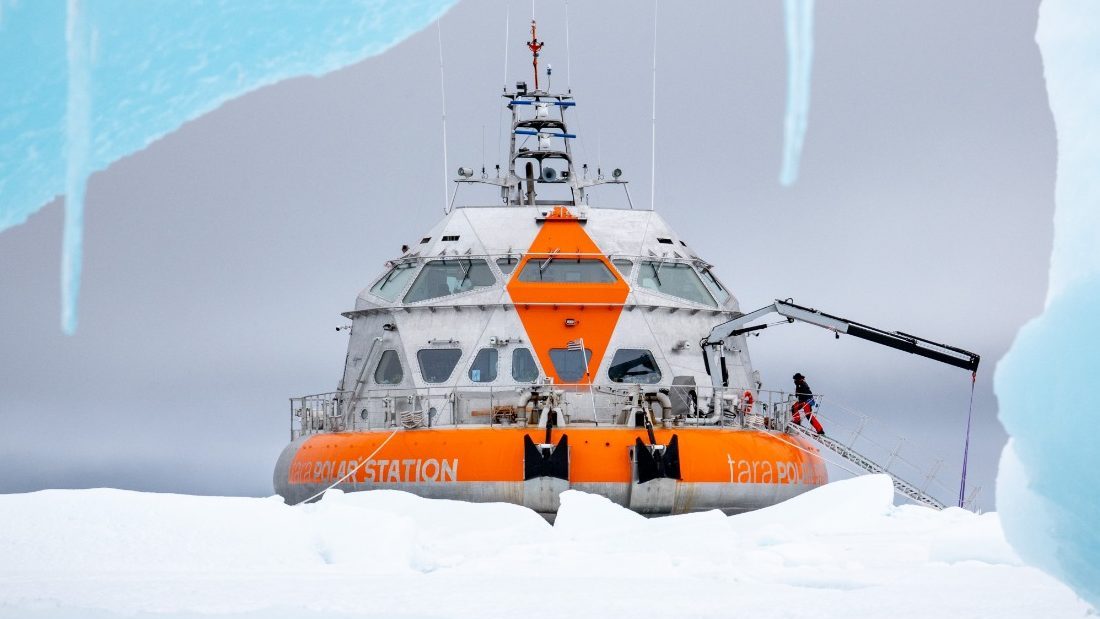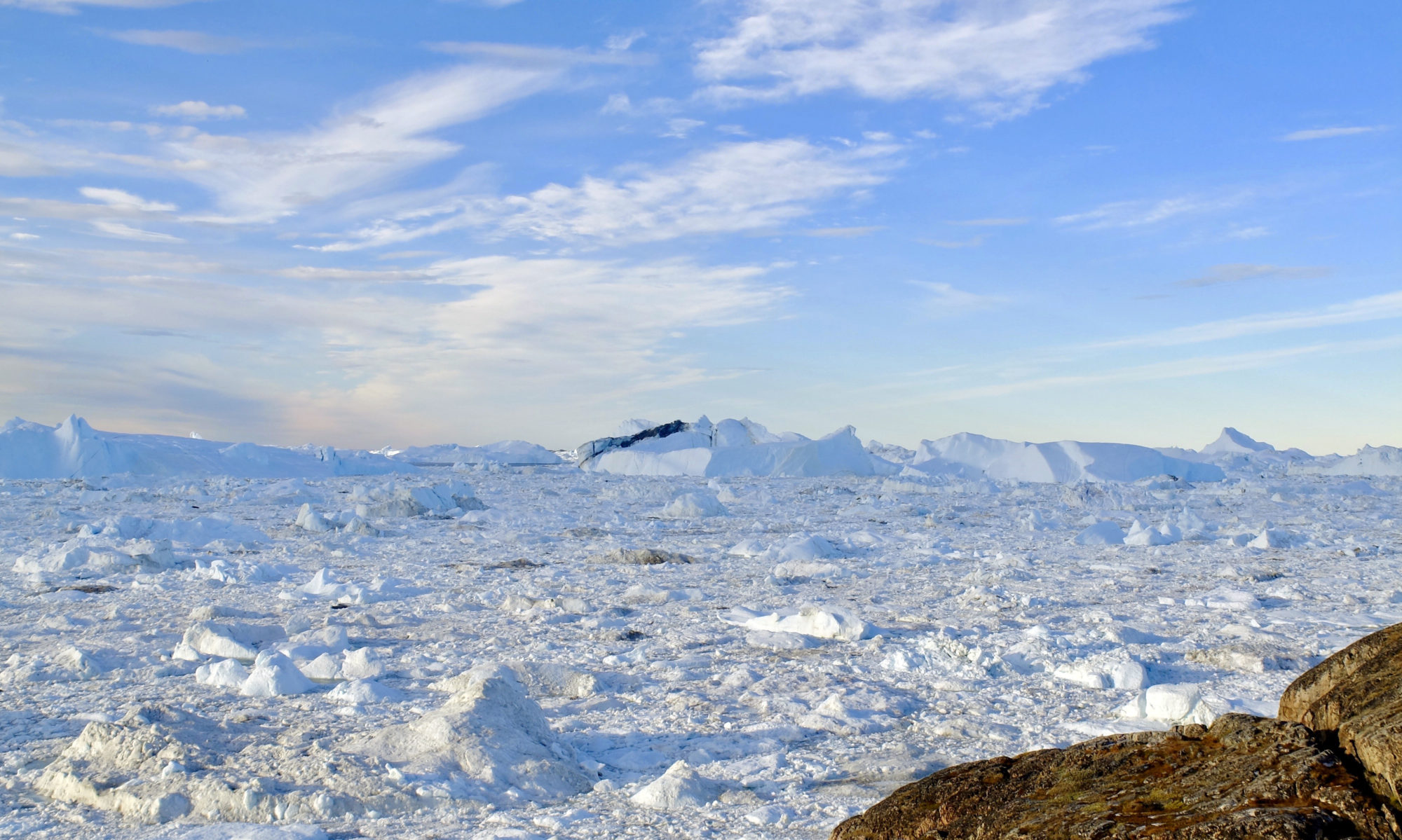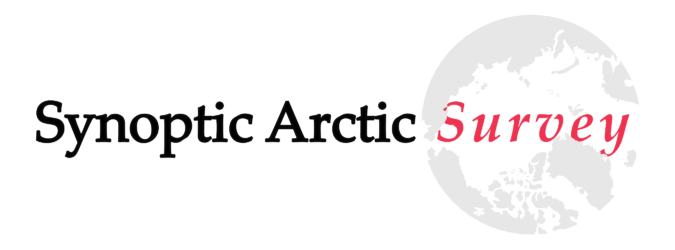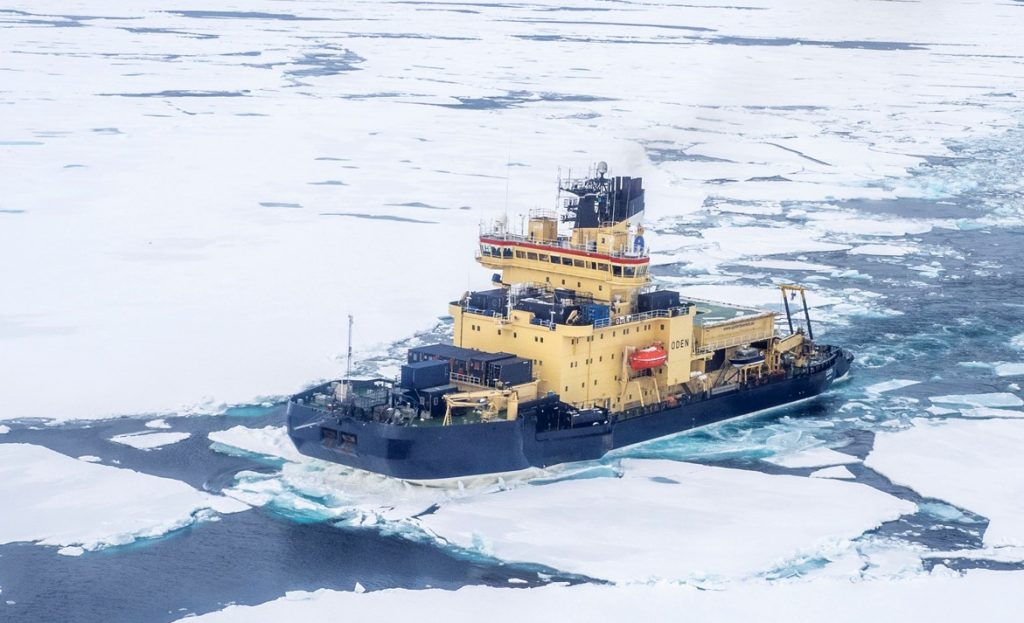
The Foundation Tara Ocean is seeking a physical oceanographer for the Tara Polaris 1 Expedition. The physical oceanographer will join the scientific team of six persons aboard Tara Polar Station that will conduct research during the winter leg of the Tara Polaris 1 transpolar drift expedition in the Arctic. The winter leg will last 8 months from September 2026 to April 2027 with no crew rotation.
Please see the job advertisement for more information and note that the application deadline November 30, 2025, and interviews will be held on the second week of December 2025.



